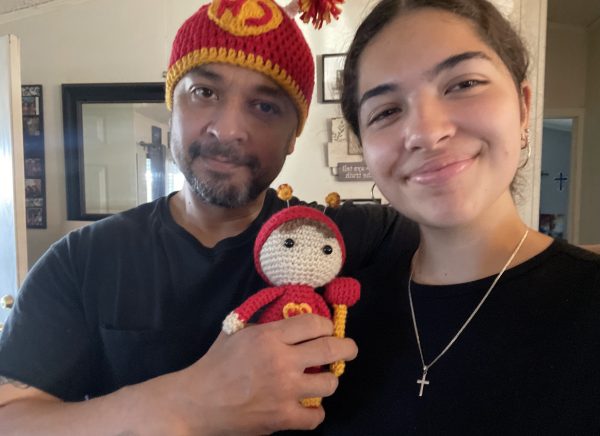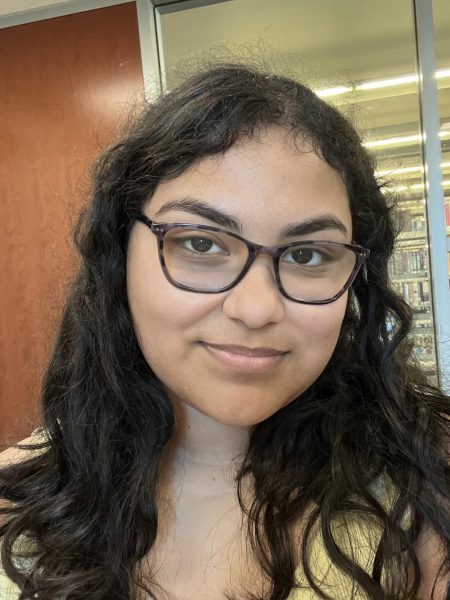Going Vegetarian
I became a vegetarian during my freshman year of high school. Because I was raised in an Islamic household, I didn’t grow up eating pork, so I only had to stop eating, beef, chicken, and seafood. At first I technically became a pescetarian, which unlike a vegetarian, I’m able to eat seafood, but not other meats. I wanted to become a vegetarian since I was in about sixth grade; however, my father didn’t think it was a healthy living style. During the summer after my freshman year, I went to live with my grandmother, so I decided I could finally become a full on vegetarian. I’ve been a vegetarian now for about two and half years now and I wouldn’t go back even if I could.
Vegetarians make the choice to not eat meat for various reasons such as personal health, the environment, economic and world hunger concerns, compassion for animals, belief in nonviolence, food preferences, or spiritual reasons. Regardless of why someone becomes a vegetarian, there are lots of health benefits for us all.
For one, vegetarian foods are a major source of nutrition and vegetarians have lower rates of heart disease and some forms of cancer than non-vegetarians. Other health benefits include, being lower risk for developing heart disease, colorectal, ovarian, and breast cancers, diabetes, obesity, and high blood pressure. This is because a healthy vegetarian diet is typically low in fat and high in fiber; however, even a vegetarian diet can be high in fat if the person eats a lot of snacks, fried foods, whole milk dairy products, and eggs. Therefore, a vegetarian diet, like any healthy diet, must be well planned in order to help prevent and treat certain diseases.
The most common question people ask me because I’m a vegetarian is, “Are getting the proper nutrition you need?” Yes, yes I am. First of all, protein is found in both plant foods and animal foods. It’s not necessary to combine specific foods within a meal in order to be “complete.” Vegetarian sources of protein include whole grains, lentils, beans, tofu, low-fat dairy products, nuts, seeds, tempeh, eggs, and peas.
Other vitamins and minerals vegetarians following a healthy diet are NOT lacking are calcium, vitamin D, and iron. It’s easy for vegetarians to obtain these by eating things such as (for calcium), leafy greens, broccoli, beans, dried figs, sunflower seeds, calcium-fortified cereals, cereal bars, and some fortified juices. Iron can be found in breads, cereals, dark green vegetables, dried fruits, prune juice, blackstrap molasses, pumpkin seeds, sesame seeds, and soybean nuts. Consuming foods high in vitamin C, such as citrus fruits or juices, tomatoes, and green peppers helps your body absorb iron from these plant sources.



